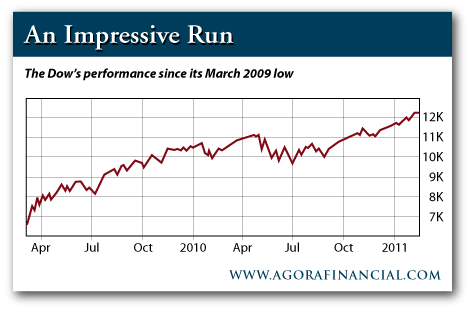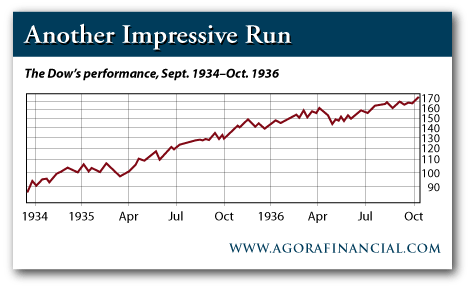C
CascadeFarmer
That's hard to say. You just need to watch the markets and they'll tell you. The background noise is good entertainment. Supposedly the US will cut the extended unemployment benefits January 1 and that take out like 35+ billion out of the economy immediately. As all the stimulus winds down the economic 'recovery' will have to take over. I talk to businesses owners and others and they keep saying it's very tough out there.so lets say there is a deal, just a bullshit temp one obviously with no solid foundation, without the mention of QE3 being guaranteed as of right now (even though we know it'll need to be done to keep this shipwreck afloat) how long do you think the markets would rally?
Just read they shot down the deal in the Senate. At this point just hoping they don't get anything done until after the open on Monday. I'm OK but my profits would most likely disappear if they get it done today. I got my voodoo doll out...lol!












